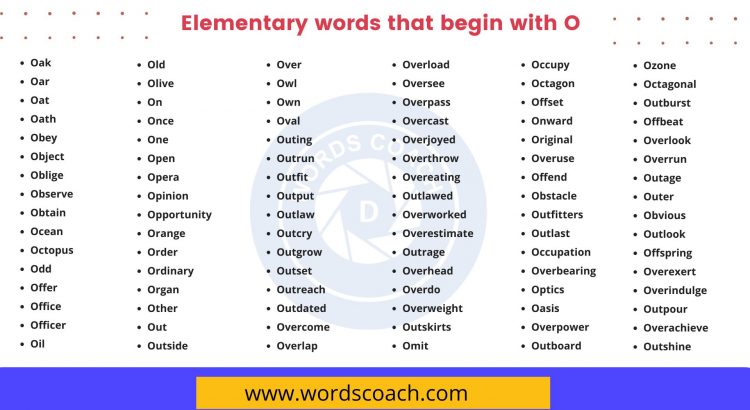Explore a comprehensive list of foundational and elementary words that begin with the letter O. Each word is provided with its meaning and an example sentence to enhance vocabulary and understanding for students and language learners. This guide is perfect for educators, parents, and anyone looking to strengthen their English language skills.
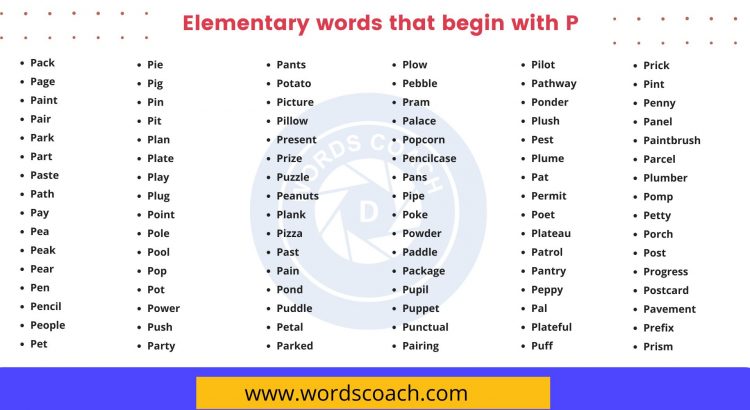
Foundational/Elementary words that begin with P
Discover a comprehensive list of foundational/elementary words that start with the letter P. Each word comes with its definition and example sentences to enhance your vocabulary and understanding.
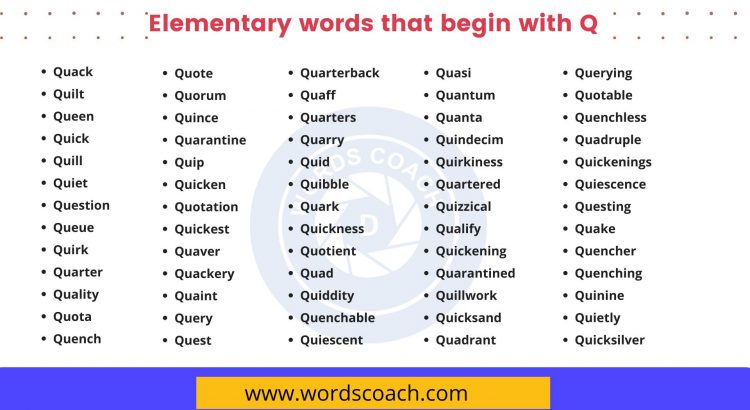
Foundation/Elementary words that begin with Q
Discover a comprehensive list of foundation and elementary words that begin with the letter Q. Enhance your vocabulary with meanings and examples for each word, perfect for students and educators.
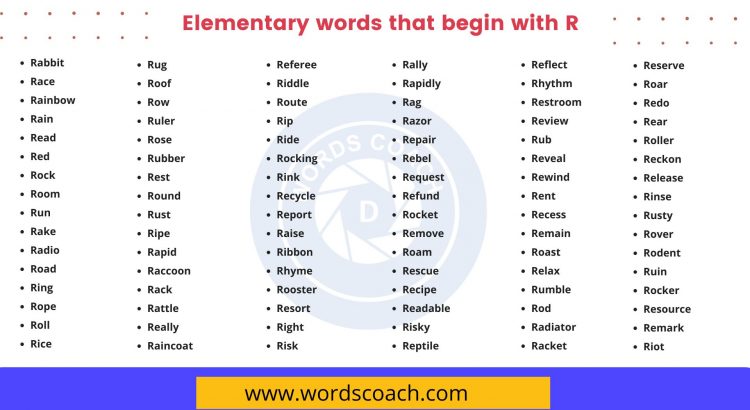
Foundation/Elementary words that begin with R
Discover a comprehensive list of foundation/elementary words that begin with the letter R. Each word includes its meaning and an example sentence to enhance learning and vocabulary skills.
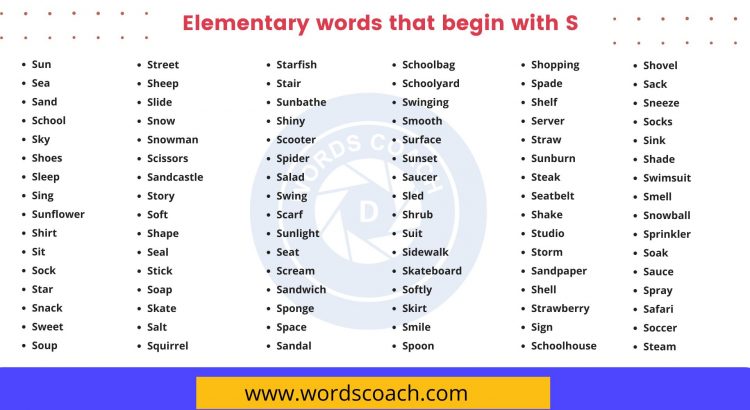
Foundation/Elementary words that begin with S
Explore a comprehensive list of 99 foundational and elementary words that begin with S. Includes clear definitions and example sentences for each word to aid young learners in vocabulary development.
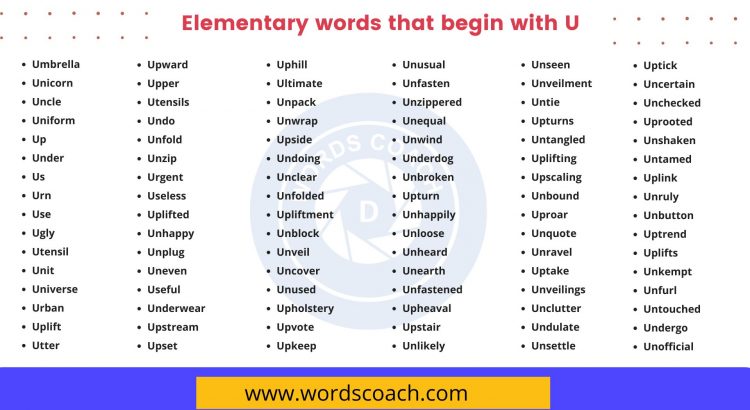
Foundation/Elementary words that begin with U
Discover a comprehensive list of elementary words that begin with the letter U. Enhance your vocabulary with meanings and example sentences for each word, perfect for students and educators.
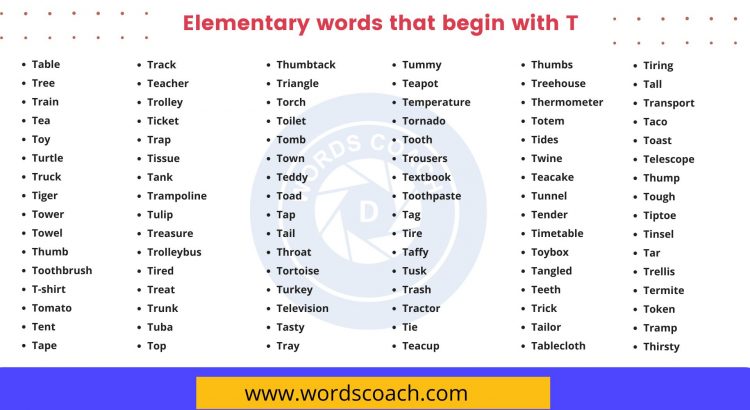
Foundation/Elementary words that begin with T
Discover a comprehensive list of foundation and elementary words that start with the letter T. Perfect for young learners, this guide includes meanings and examples to enhance vocabulary development.
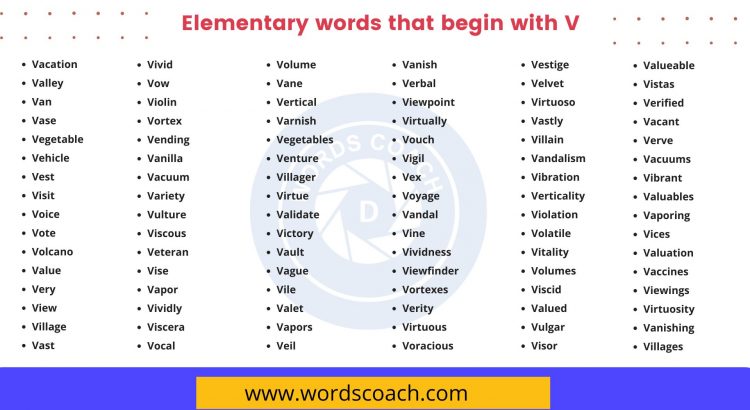
Foundation/Elementary words that begin with V
Explore a comprehensive list of foundational elementary words that begin with the letter V. Each word comes with clear definitions and example sentences to enhance vocabulary and language skills for young learners.
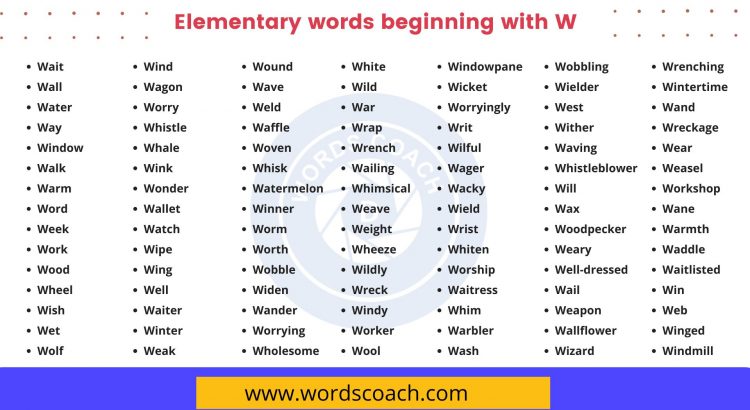
Foundation/elementary words beginning with W
Discover a comprehensive list of foundational and elementary words starting with the letter W. Enhance your vocabulary with clear definitions and practical examples. Perfect for students, educators, and language enthusiasts.
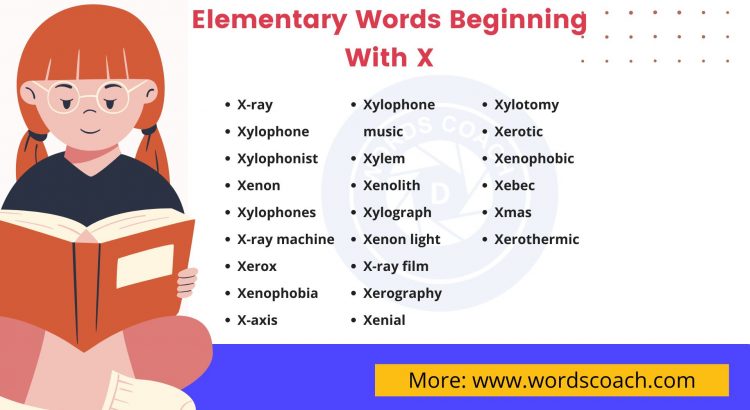
Foundation/Elementary words beginning with X
Discover a comprehensive list of foundation and elementary words starting with the letter X. This educational resource provides clear definitions and examples to help young learners expand their vocabulary and understanding of these unique words.
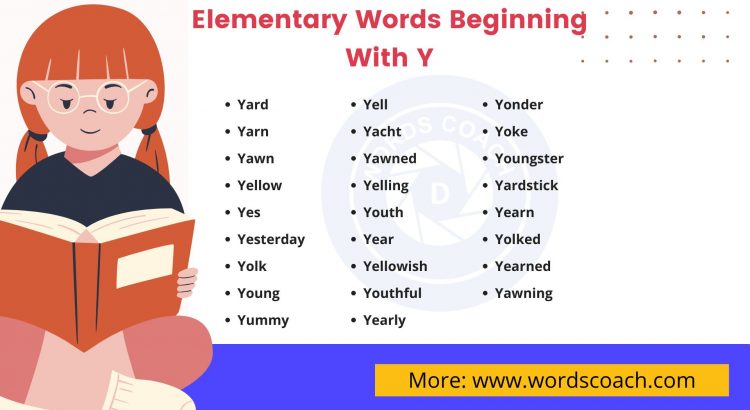
Foundation/Elementary words beginning with Y
Explore a comprehensive list of foundation and elementary words that begin with the letter Y. Each word is accompanied by its meaning and an example sentence to enhance understanding and vocabulary development for young learners. Perfect for teachers, parents, and students aiming to build a strong language foundation.

Cool Girl Names from A-Z | Popular Baby Girl Names with Meanings
Explore our extensive list of cool girl names from A to Z, complete with meanings and origins. Discover popular and unique baby girl names that are stylish and meaningful.

Cool Boy Names from A-Z | Popular Baby Boy Names with Meanings
Discover a diverse list of cool and popular baby boy names from A to Z, complete with meanings and origins. Whether you’re looking for classic, modern, unique, or trendy names, find the perfect name for your little one with this comprehensive guide.

Popular Boy Names That Start with Z
Explore a curated list of popular boy names beginning with the letter Z. This collection includes both classic and contemporary names, offering a range of options for parents looking for distinctive and meaningful names for their sons.

Popular Boy Names That Start with Y
Discover a selection of popular boy names starting with the letter Y. This guide provides a variety of options for parents seeking unique and meaningful names for their baby boys.

Popular Boy Names That Start with X
Explore a curated list of popular boy names that start with the letter X. Ideal for parents looking for unique and distinctive names for their baby boy, this guide features a range of options from traditional to modern.

Popular Boy Names That Start with W
Discover a collection of popular boy names that begin with the letter W. Whether you’re seeking traditional, unique, or trendy names, find the perfect name for your baby boy.

Popular Boy Names That Start with V
Explore a curated list of popular boy names that start with the letter V. Find the perfect name for your baby boy, ranging from classic to contemporary options.

Popular Boy Names That Start with U
Discover a wide selection of popular boy names that start with the letter U. From unique and modern to traditional and classic, find the perfect name for your baby boy.

Popular Boy Names That Start with T
Explore an extensive collection of popular boy names that start with the letter T. Find the perfect name for your baby boy from our curated list of unique and meaningful names.

Popular Boy Names That Start with S
Discover a wide array of popular boy names that start with the letter S. Choose the perfect name for your baby boy from our extensive list of unique and meaningful names.

Popular Boy Names That Start with R
Explore a diverse selection of popular boy names that start with the letter R. Find the perfect name for your baby boy from our curated list of meaningful and unique names.

Popular Boy Names That Start with Q
Discover a variety of popular boy names that start with the letter Q. Find unique and meaningful names for your baby boy with this comprehensive list.

Popular Boy Names That Start with P
Explore a diverse collection of popular boy names that start with the letter P. Find the perfect name for your baby boy with unique meanings and origins.

Popular Boy Names That Start with O
Discover a curated list of popular boy names that start with the letter O. Find unique and meaningful names for your baby boy, each with its own charm and significance.
